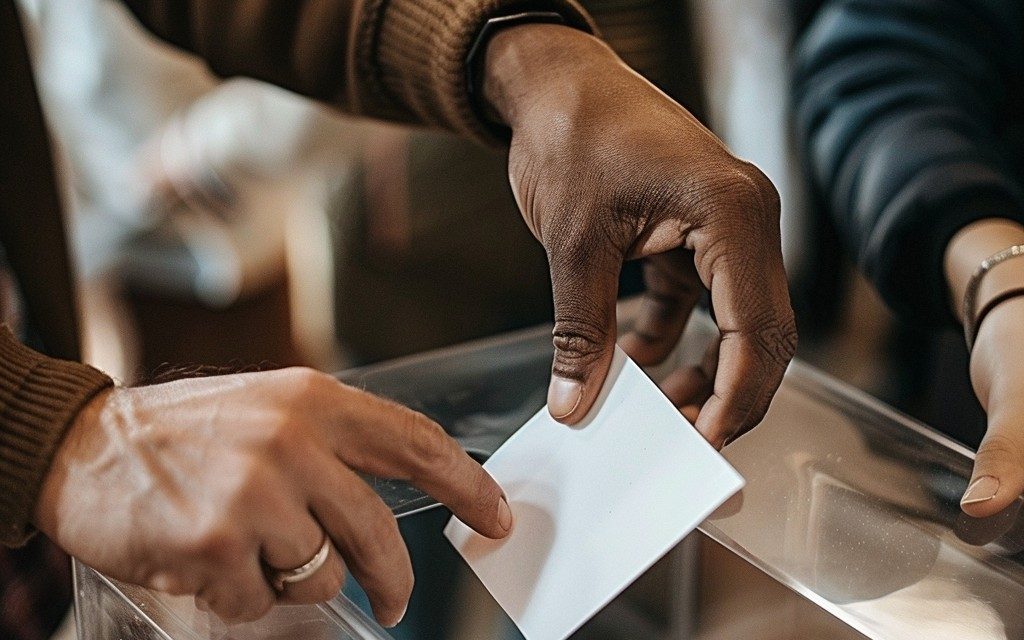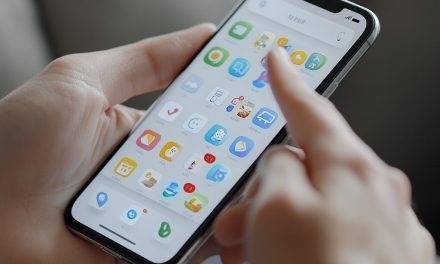by Lance Yatooma
UMPI UTIMES STUDENT CONTRIBUTOR
Sitting in my suburban Detroit office in late February and early March, the one thought on my mind was: “I hope this election cycle isn’t as tumultuous as 2020.” As May rolled around, I was relieved that the year had been far more peaceful, without any society-altering events like the ones we faced during the last election. This year feels markedly different compared to 2020, when tension was at an all-time high, fueled by the lockdowns and the global crisis of the COVID-19 pandemic, as well as the unrest sparked by the murder of George Floyd.
In 2024, I have experienced firsthand that it is possible to have respectful and open dialogue on a wide range of issues, from tax and tariff policies to abortion and how we perceive information. One of the most valuable lessons I’ve learned at 36 is not to force my perspective on others but rather to explain my position, understand why others may think differently, and explore what it would take for them to reconsider their stance. I also ask whether they arrived at their conclusions independently or if external voices influenced their position.
In my early to mid-twenties, I was not so different from many others regarding social issues, identifying more with liberal views. However, my positions have evolved, and I’ll share two examples.
First is the issue of abortion. In my twenties, I was begrudgingly pro-choice. I held that position because I understood the arguments but struggled with the ethical implications. My view at the time was that a woman should have the right to an abortion in rare circumstances and that government programs should address the trauma following such a procedure. I had never heard of a woman being thrilled about having an abortion—it’s often a tragedy. My mind began to change when I attended a pro-life rally in Ann Arbor, MI. I asked myself, “Do these people believe as strongly as I do?” The answer was yes, and it forced me to reconsider my stance. I realized that being pro-human and pro-future meant being pro-life, and so my position shifted from pro-choice to pro-life through a process of logical reflection rather than religious conviction.
Second, I am proud to be an American despite our government’s flaws. Our government has not always been forthright—from foreign policy blunders to regulatory and educational mismanagement. Yet, too often, critiques of the government spill over into criticism of the entire country and its people. We forget that while the government has its agendas, the values that shaped America —such as free speech and civil discourse—remain worth defending. Interestingly, I’ve seen both anti-war liberals and conservatives now align on specific issues, such as the overreach of the media in shaping public opinion. People are more intelligent and more skeptical of manufactured narratives now, and that’s a good thing.
It is good to love this country, even while recognizing its flaws. After all, this is a nation built on the principle of civil discourse. I’ve had plenty of discourse in my mind as I transitioned from liberal to conservative. I feel free when someone disagrees with me as long as they present truthful facts that led to their decision. None of us should be bothered by differences of opinion, especially in a nation of 340 million people. Life is hard enough without letting political disagreements make it even more difficult.
So when you vote in November—whether for Donald Trump’s second shot (no pun intended) or for the current Vice President, Kamala Harris—remember this: the next day, we are all still American citizens in this together.




